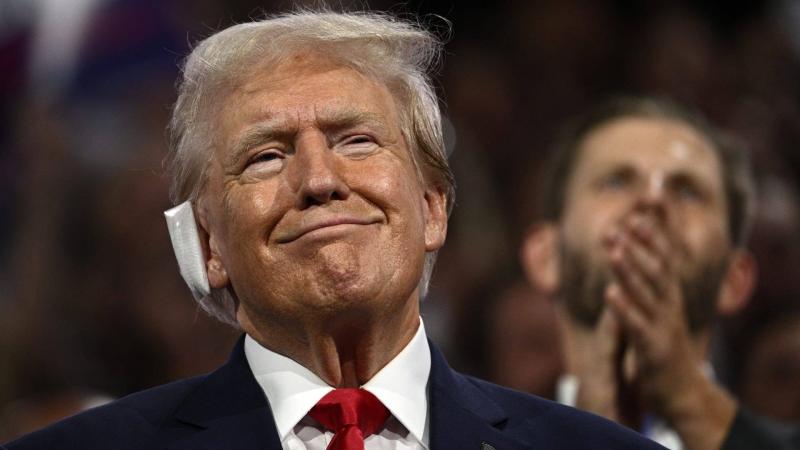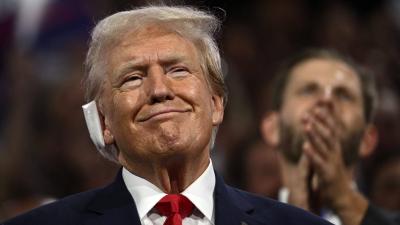The United States has witnessed a busy electoral week, following the famous debate between Republican candidate Donald Trump and Democratic candidate Joe Biden. In this debate, Biden exhibited signs of weakness in his mental capacities, focus, and linguistic coherence, prompting many in the Democratic Party to secretly and openly call for his replacement with someone capable of confronting Trump. However, these calls fell on deaf ears as President Biden viewed the matter of candidacy as personal, detached from the interests of the Democratic Party and arguably from the general interest and the well-being of America. The debate shifted the primary focus of the U.S. elections to Biden's mental capabilities, eclipsing other pressing issues, whether economic, social, or political. Biden was placed under scrutiny, with every word, gesture, and whisper being closely monitored. This was evident during the NATO meeting held in Washington D.C. post-debate, where Biden attempted to reshape the image and impression he left on voters, especially within his party and its advocates, yet he failed.
The major incident overshadowing all this was the assassination attempt on former President and Republican candidate Donald Trump. While he was speaking at a rally in Pennsylvania, he was shot at, with one bullet striking his ear, putting him perilously close to death. Nonetheless, Trump exhibited remarkable composure and strength, garnering admiration not just from his supporters but even from opponents. Before being whisked away to safety by Secret Service agents, Trump raised his fist to his supporters, a moment that will remain etched in American history, repeatedly shouting "fight... fight," urging resistance and confrontation.
This grave event positioned former President Trump as a potential leader for another term unless a significant surprise occurs. In stark contrast to Biden's seemingly stagnant campaign, Trump's ships are moving at a rapid pace. Even prior to the assassination attempt, many concerned with U.S. affairs, particularly allied heads of state and government, began preparing for a Republican administration led by Trump. This goes beyond the diplomatic pleasantries we heard during the NATO summit. Many nations within the European Union, for example, are bracing for the possibility of dealing with Trump's differing foreign policies, especially regarding pressing issues such as the war in Ukraine, America's contributions to NATO, and the U.S. role in international agreements and organizations.
Democrats are paying a heavy price for their delay in addressing the health issues of the president, postponing discussions until the last minute. Now, options are tightening: either maintain Biden's candidacy, with the outcome seemingly favoring Trump, or shift to another candidate, risking division within the party. Additionally, time is running out to establish an electoral campaign capable of confronting Trump. Thus, it practically appears that the American elections may have been decided three months before voting began in favor of Trump and his team.




